Toward Sustainable Cocoa Industry: How can we support the progress?

Illustration by Irhan Prabasukma.
Cocoa is not a primary commodity like rice, wheat, and corn. It is also unlike palm oil, a key ingredient in various products. Despite this, the demand for cocoa has been stable and even tended to exceed supply in recent years. As cocoa production increases, supporting the growth and transformation toward a sustainable cocoa industry becomes essential.
Cocoa Production & Sustainability
Most cocoa products are exported to Europe and America, where chocolate consumption is higher. In cocoa-producing developing countries such as Cote d’Ivoire, Ghana, Indonesia, Mexico, and others, approximately 5 million households farm cocoa as a cash crop.
As one of its largest producers in the world, cocoa in Indonesia is among the top three plantation crops after palm oil and rubber. According to Statistics Indonesia’s data in 2021, there are 14.66 million ha of palm oil, 3.77 million ha of rubber, and 1.47 million ha of cocoa. Of the 1.47 million hectares, 99.2% belong to smallholder farmers, and only 0.8% are managed by companies.

Organized markets present a wide range of challenges in the cocoa industry, including the trend toward sustainability. This trend is impacting the supply chain of the cocoa and chocolate industry. As consumers’ awareness of the importance of sustainable products rises, some companies have started to move away from conventional products. Overall, the global sustainable cocoa production increased from 27% in 2008 to 47.3% in 2019.
Cocoa Sustainability Programs in Indonesia
Meanwhile, the land area for cocoa in Indonesia has been decreasing, down 14.6% from 2011 to 2021. The Indonesian government responded by creating the “Gernas Kakao” program to improve cocoa quality and production. The program began in 2009 in nine provinces.
Some private companies respond to the sustainability trend by implementing their sustainability programs in Indonesia. For example, the Cocoa Sustainability Partnership was legally established in 2015 to create a good collaboration between public-private stakeholders. The association aims to improve communication and coordination between stakeholders involved in cocoa sustainability activities in Indonesia for mutual benefit.
These various sustainability programs focus on not only increasing cocoa production but also the environmental and social aspects. Behind the delicious chocolate we consume, there are many smallholder cocoa farmers who need more access to resources to pivot to a more sustainable model. Therefore, some sustainability initiatives aim to assist smallholder cocoa farmers by providing good quality cocoa seedlings, empowering women’s groups, eradicating child labor and forced labor, and improving access to agro-inputs such as pesticides and fertilizers.
The question is, do all sustainability activities have an impact, or are they just marketing strategies? Does it make sense for consumers to buy sustainable products at a higher price?
Small Steps
The goal of a sustainable cocoa industry in Indonesia may have yet to be fully achieved, but there has been some progress. According to Statistics Indonesia, the average cocoa productivity has slightly increased within the last ten years.
Another progress is how farmers have gained more insight and knowledge about cocoa business practices. They also receive benefits from the certification premiums. Additionally, multi-stakeholder partnerships result in some government policies that distribute good planting materials (seedlings and buddings), provide cocoa-specific fertilizers (NPK Khusus Kakao) with subsidized prices, and enable financing for cocoa crop management from financial institutions.
Supporting the Sustainable Cocoa Industry
On the other hand, sustainable products are often more expensive. For consumers who prioritize environmental and social responsibility, the higher cost may be worth it. These consumers want to support sustainable production methods, fair business practices in the value chain, and other ethical considerations.
It is important to note that the share of margins generated by a tablet of dark chocolate in 2018 did not favor smallholder cocoa farmers. They generated the lowest profit (only 6-7%) in the value chain, while traders and millers earned 7-8% profit. Producers and retailers generated the greatest profit with 85-90% profit. Therefore, as consumers, we must ensure that the sustainable cocoa products we buy positively impact the environment and society, including the farmers in the cocoa supply chain.
To ensure that we are making a genuine impact through our purchasing decisions, we can take several steps: educate ourselves on sustainability issues in the cocoa and chocolate industry, check for transparency in the supply chain, and choose products that align with our values. By taking these steps, we can be more confident that our purchases are positively impacting the farmers and contributing to the development of a sustainable cocoa industry.
Editor: Nazalea Kusuma

Join Green Network Asia Membership
Amidst today’s increasingly complex global challenges, equipping yourself, team, and communities with interdisciplinary and cross-sectoral insights on sustainability-related issues and sustainable development is no longer optional — it is a strategic necessity to stay ahead and stay relevant.


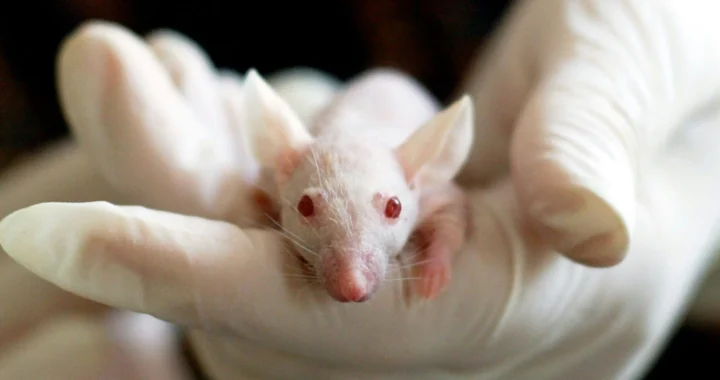 Exploring Technological Advancement to Replace Animal Testing
Exploring Technological Advancement to Replace Animal Testing 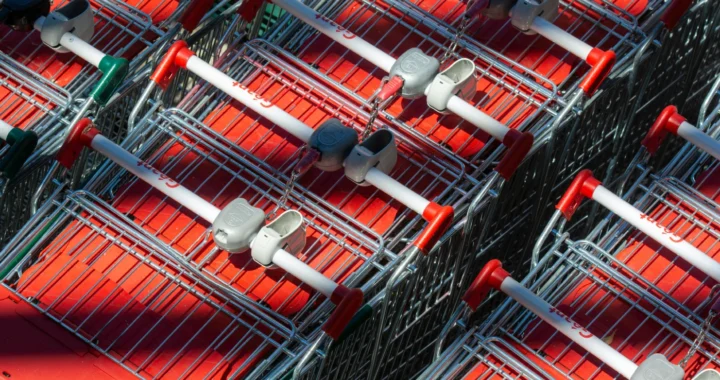 Addressing Overconsumption for Transformational Changes
Addressing Overconsumption for Transformational Changes 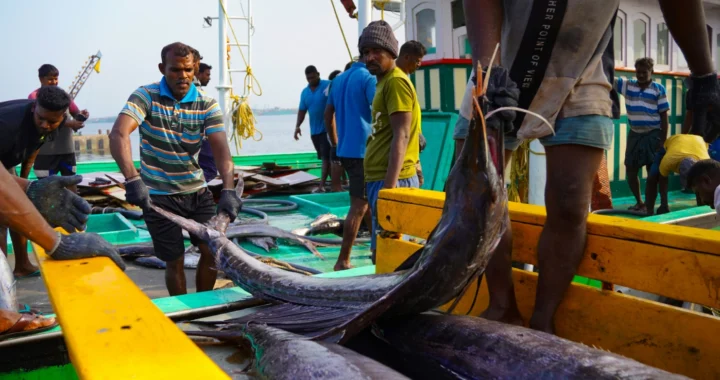 Global Reform on Fisheries Subsidies Signals a Hopeful Shift Toward Ocean Sustainability
Global Reform on Fisheries Subsidies Signals a Hopeful Shift Toward Ocean Sustainability 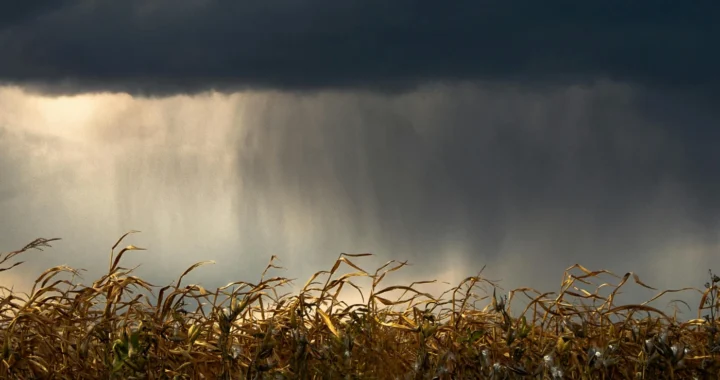 A Major Cause of Changing Rainfall Patterns
A Major Cause of Changing Rainfall Patterns 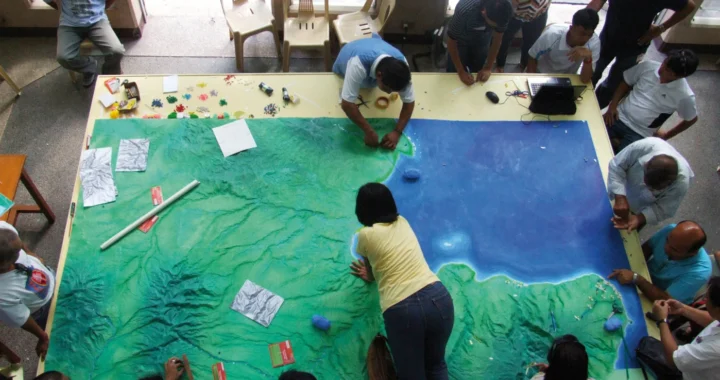 Strengthening Disaster Risk Governance at Local Levels
Strengthening Disaster Risk Governance at Local Levels 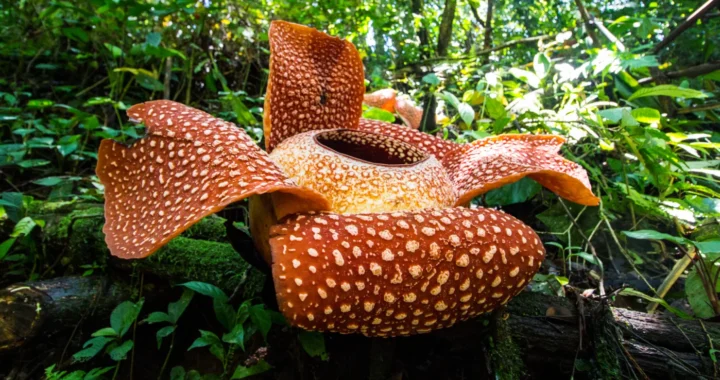 Recognizing the Role of Local Communities in Biodiversity Conservation
Recognizing the Role of Local Communities in Biodiversity Conservation